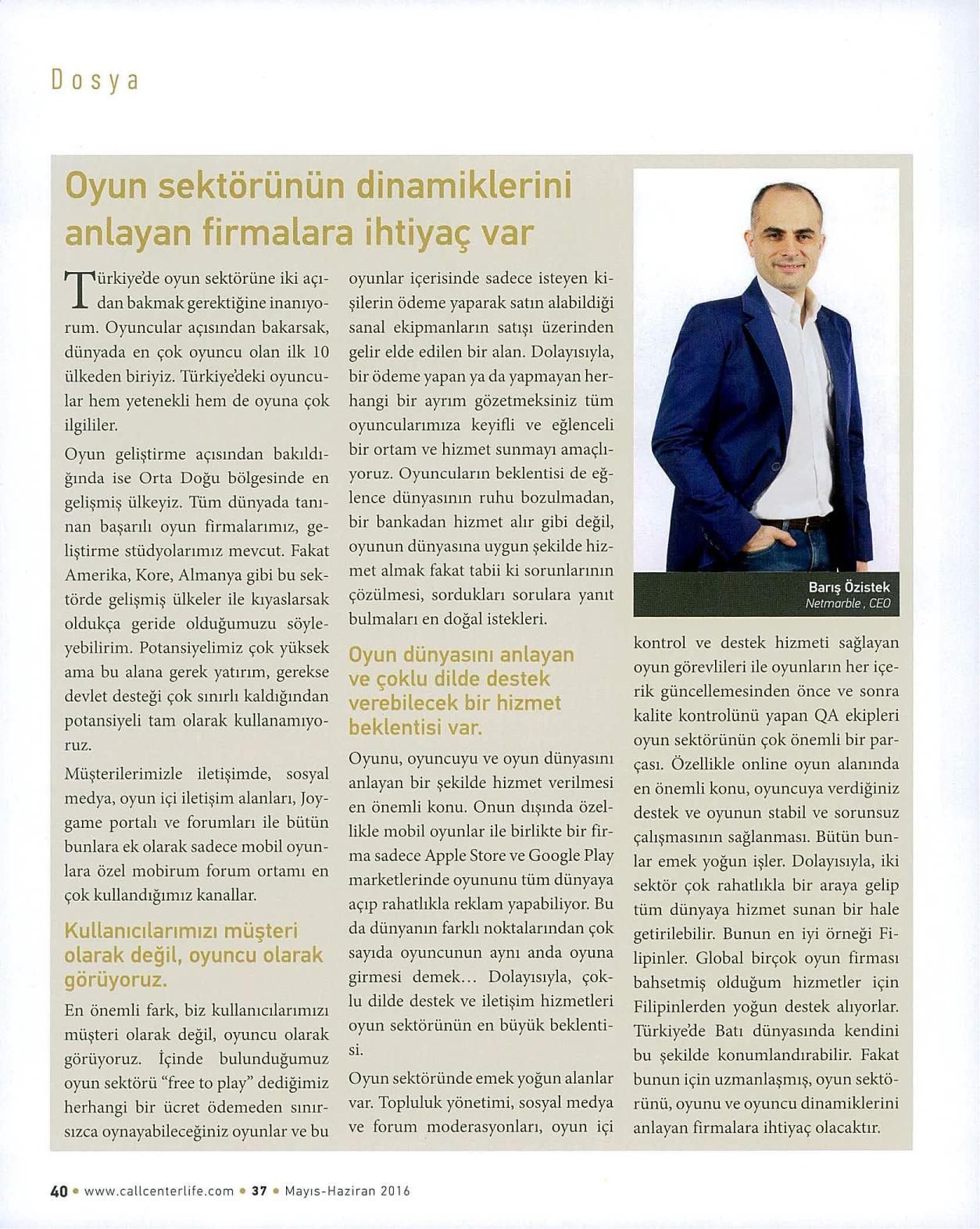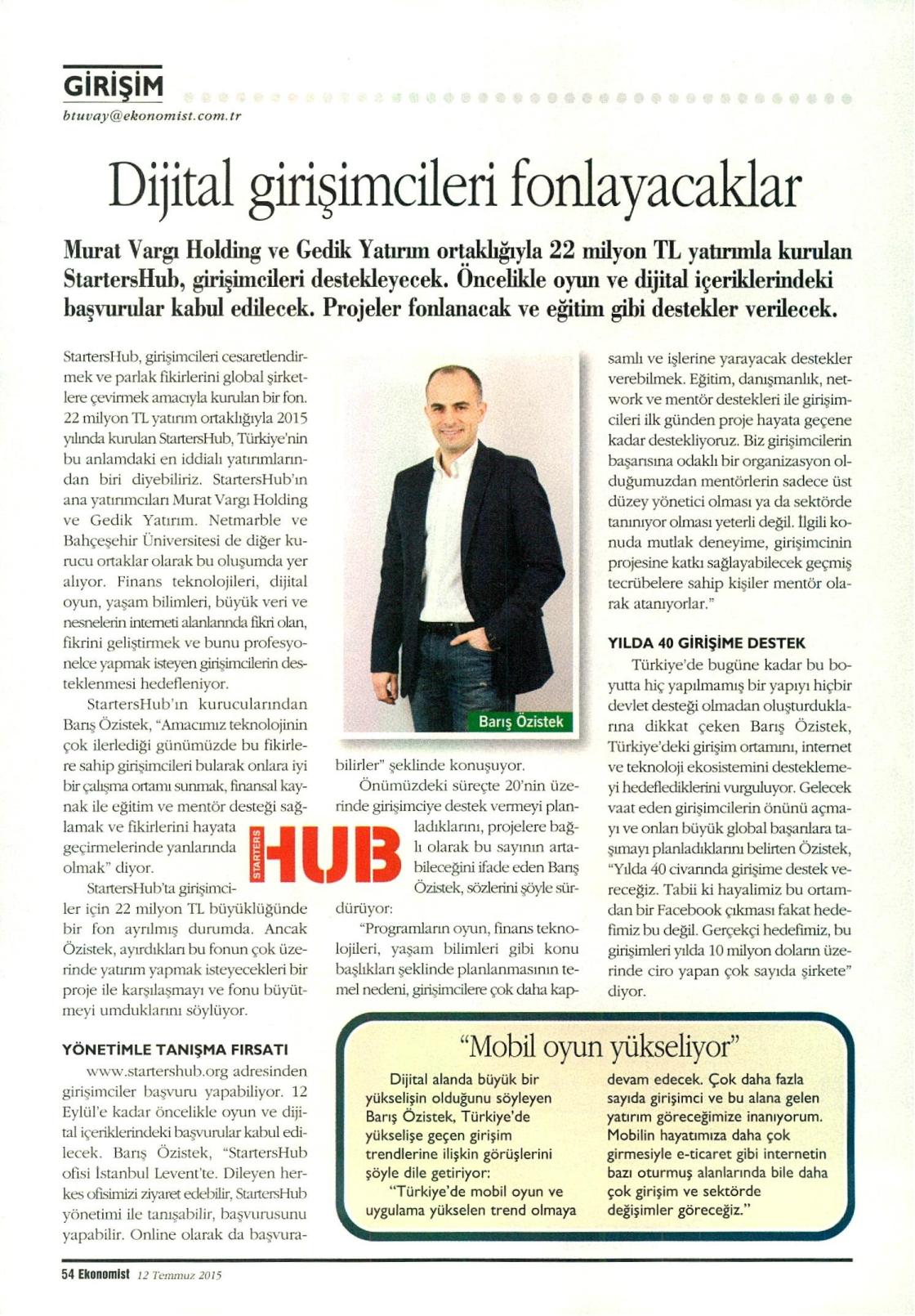VPN has different meanings for each individual who uses it.
In Turkey, it all started in June 2013. Sure, many people knew of VPN and they used it whenever necessary, but it was never a commonly used tool for the general public. Sexual content has been prohibited online for a very long time, which meant VPN was mostly used for access to such websites. As this was only an occasional interest, VPN never made it into daily life, until June 2013.
It was one of those nights when everyone was tense and I decided to sleep a bit early, at around midnight. Half an hour later I woke up to the sound of my wife, complaining Twitter was blocked and she couldn’t log in. I was quite exhausted and sleepy, so I didn’t have the energy to install VPN to her phone for logging in to Twitter. I just went back to bed, saying it would be unblocked by morning.
When I woke up early in the morning, I was in for a surprise. My wife had been awake all night and stayed up-to-date on Twitter. I wasn’t quite sure whether to be surprised that she installed VPN despite never knowing about it beforehand and never deigning to use such applications, or that she stayed online on Twitter until morning, proud for having managed this.
In just one night, everybody knew about VPN now, it was as famous as regular social media websites and most importantly, it became a part of everyday life.
In the Middle East, however, this has long been a part of everyday life. Everybody knows that the Internet is tightly controlled when you visit any of the Arab states of the Persian Gulf, Saudi Arabia and Iran. The people think not only prohibited or sexually explicit websites, but also many other websites are arbitrarily blocked by the government and use VPN as part of their daily routine. Whether on computers or on smartphones, many people connect to the Internet only through VPN. A monthly VPN fee is not that different from electric and phone bills or any other commonplace monthly payments.

And how does this influence our digital life?
We cannot detect which country our visitors are from. We have no clues whatsoever to the reliability of the data. An Internet company, inspecting this region for the first time may have a tremendous surprise. Advertising to Saudi Arabia and seeing that the sales in the United States peak, they may decide to target the Arab users in the United States in digital advertising. Or when they advertise on TV in the United Arab Emirates and observe that the traffic from Switzerland increases, they may determine that the numerous Arab citizens living in Europe continue watching regional channels.
In truth, due to the high percentage of VPN use, they will never know where the traffic is from. Paying customers may be from the United States one day and from the United Kingdom the other day, and these two may be the same person.
On an even more interesting note, unfortunately, online content that has been blocked in many countries in the world, will get its users from this region most easily. This is because we are in one of the rare regions where VPN is known and used by the general public.
As a result, the high percentage of VPN use brought about by blocking certain content made this region a priority target for the Internet companies that cannot normally advertise or that can reach only a small number of users even when they can.








